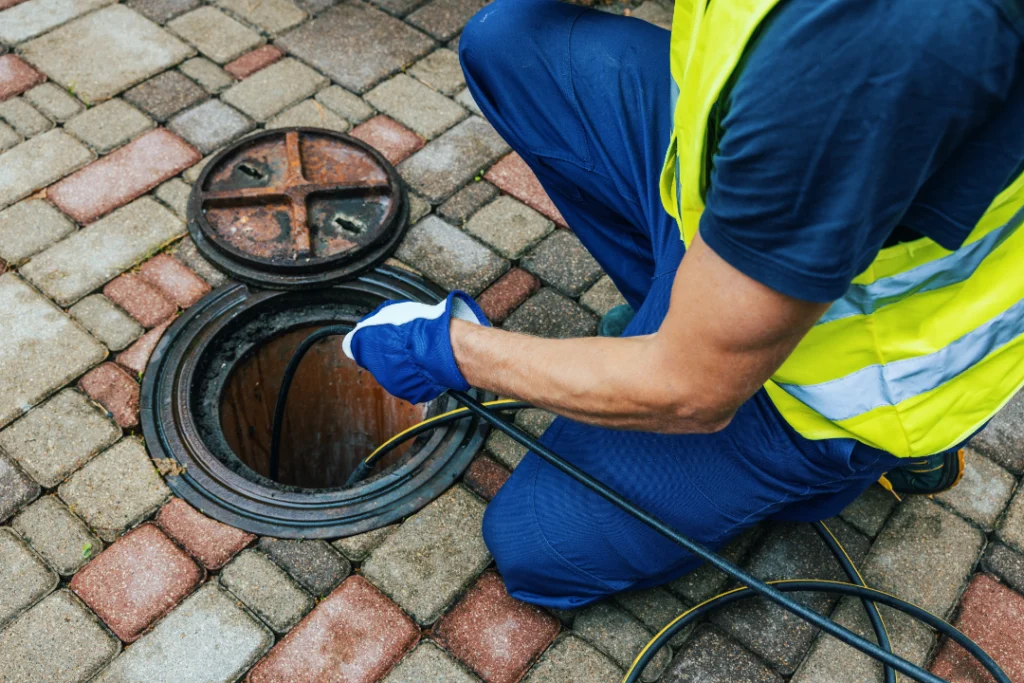
Dealing with a blocked toilet is not only inconvenient but can also be a messy and unpleasant experience. Fortunately, there are simple steps you can take to prevent blocked toilets in your home. By following the tips and strategies outlined in this guide, you can keep your toilet running smoothly and avoid the hassle of dealing with clogs.
Understanding the Causes of Blocked Toilets
Before we dive into prevention strategies, it's important to understand what causes blocked toilets in the first place. Some common reasons for toilet blockages include:
- Flushing inappropriate items down the toilet, such as wet wipes, sanitary products, cotton balls, and paper towels
- Excessive toilet paper usage
- Mineral build-up in the pipes
- Tree root intrusion in the sewer line
- Flushing large amounts of food waste down the toilet
Preventive Measures
Now that you're aware of the common causes of blocked toilets, let's explore some preventive measures you can take to keep your toilet clear and clog-free:
1. Proper Waste Disposal
One of the most effective ways to prevent blocked toilets is to dispose of waste properly. Avoid flushing items that are not designed to be flushed down the toilet, such as:
- Wet wipes
- Sanitary products
- Cotton balls
- Paper towels
2. Use Toilet Paper Wisely
To prevent excessive toilet paper usage, encourage your household members to use only a reasonable amount of toilet paper per flush. Remind them that less is often more when it comes to toilet paper usage.
3. Regular Maintenance
Regularly maintaining your toilet and plumbing system can help prevent blockages. Consider the following maintenance tips:
- Inspect the toilet flush mechanism for any signs of wear and tear
- Check for leaks and repair them promptly
- Periodically inspect the pipes for mineral build-up
4. Be Mindful of Food Waste
Avoid flushing large amounts of food waste down the toilet, as this can lead to blockages. Instead, dispose of food waste in the garbage or compost bin to prevent clogs in your toilet.
5. Use a Drain Screen
Consider using a drain screen in your toilet to catch any small debris or particles that could potentially cause a blockage. A drain screen is an inexpensive and effective tool for preventing clogs in your toilet.
6. Educate Your Household Members
Lastly, educate your household members about the importance of proper toilet use and waste disposal. By raising awareness about the causes of blocked toilets and the preventive measures they can take, you can help ensure that everyone in your home contributes to maintaining a clog-free toilet.
By following these preventive measures and incorporating them into your household routine, you can significantly reduce the likelihood of experiencing blocked toilets in your home. Remember that prevention is key when it comes to maintaining a smoothly functioning toilet and plumbing system.
